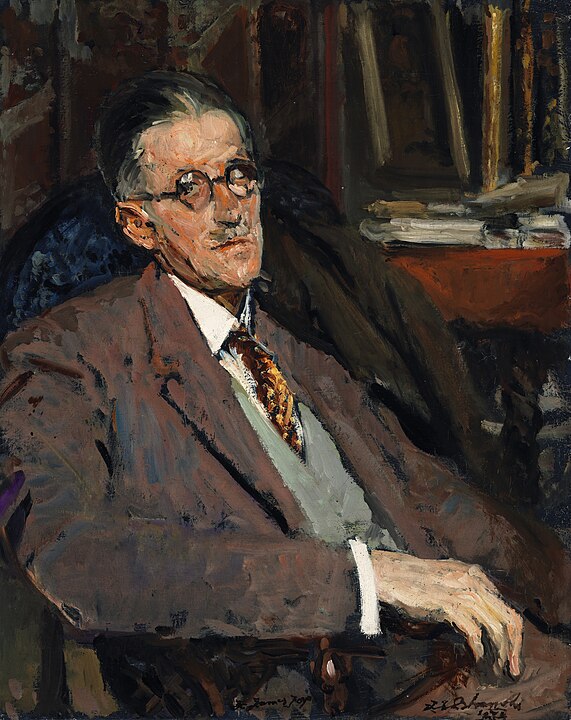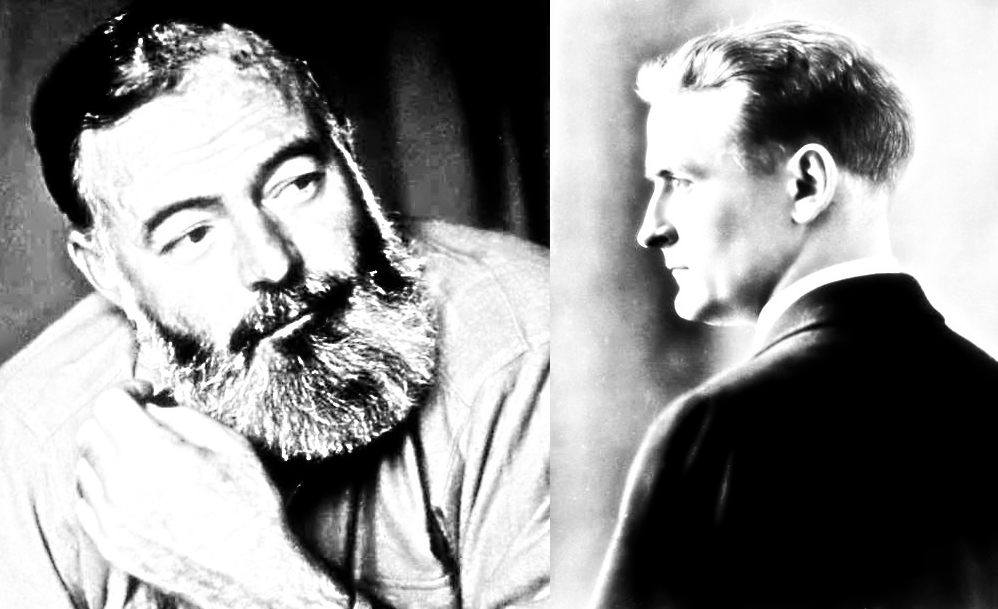I wanted to look at a proper noun as the Word of the Week to try something different this time around. Can a name be more than just a name? Can it be an idea? As I define it here on the blog, I believe that a name can, in fact, be more than just a name, and that the very utterance of celebrity can bring forth certain emotions and feelings.
I think it is important that we discuss the idea of connotation as it relates to names, because Merlin really is more than just an old man and a wizard. He stands for something symbolic. To figure out what that means…well we are just going to have to explore the concept of a name as more than title.
Merlin defined
Some dictionaries define merlin (the noun) as being a small falcon “that has a dark plumage with a black-barred tail” and these falcons are used in falconry. These falcons are found in the northern hemisphere are “slate blue” when male and “brown” when female.
Likewise, other definitions point toward the familiar, with “Merlin” defined as “a wizard” who assists King Arthur until he is ultimately trapped inside a tree (Collins). Moreover, other sources describe Merlin, the character from narrative and folklore, as a “prophet and magician” in King Arthur’s Camelot. Still, other dictionaries define “Merlin” as “a venerable magician and seer” (Dictionary).
Denotatively, Merlin is a tenacious old man who has goodness in his heart, along with an ambitious soul. He is a do-gooder who looks out for Arthur, who in some cases was his ward, and who took upon Merlin’s philosophy of stoicism and kindness.
Merlin as falcon and metaphor
It is not a shock that a falcon can be likewise tied to Merlin, the wizard, as falcons represent a great deal of many things due to their intelligence and tenacity. If we consider who Merlin is—a smart, old man with excessive clout due to his forethought and wisdom—then it is no wonder that a falcon fits within the realm connotation. In fact, falcons represent “ambition and aspiration, superiority and dominance, freedom and victory…” and these attributes tie directly to Merlin the wizard, whose life (by some accounts) was one rife in victory and dominance, but also ambition and aspiration.
In Jean Craighead George’s My Side of the Mountain, we find that the protagonist befriends a falcon, which he calls Frightful, and his falcon serves as his right hand while he is in the wild; the falcon works as gatherer, protector, and confidant. Again, this is similar to Merlin’s role in King Arthur’s court because he offers King Arthur his intelligence and wisdom in order to guarantee a successful kingdom, believing in King Arthur’s mission. Ostensibly, no matter the fiction or when it was published in relation to Merlin lore, the falcon represents the specific traits and qualities that define Merlin himself as protector and confidant.
Conclusion
In talking about “the feeling” of the name Merlin, we have no choice but to immediately think of an old man in a purple-flowing, star-covered gown. The feeling we get is one of wistfulness, perhaps? Or maybe it is the feeling of comfort and wonder, especially because Merlin is so difficult to parse as a character in both narrative and folklore; that is, he has been defined many ways and by many different people, from Thomas Mallory to Mark Twain.
Nevertheless, the name Merlin conjures images of magic, crystal balls, and the resplendent city of Camelot, shining somewhere out there in medieval darkness.
Works Cited
Collins Dictionary. “Merlin.”
Dictionary. “Merlin.”
Wilde, Katelyn. “Falcon Symbolism and Meaning (Totem, Spirit, and Omens).” Sonoma Birding. Web. https://www.sonomabirding.com/falcon-symbolism/








Leave a Reply